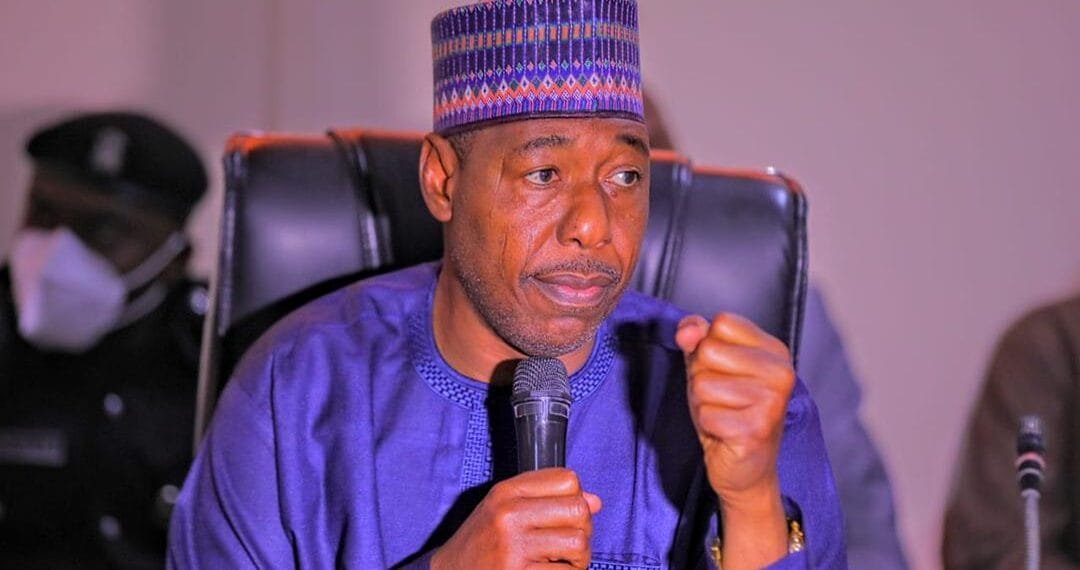Borno State Governor, Babagana Umara Zulum, has called for broader stakeholder engagement on the proposed tax reform bill currently under review by the National Assembly. Speaking during an interview on Channels Television, Zulum stressed the need for comprehensive consultations to address potential disparities and misconceptions surrounding the legislation.
The governor emphasized that democratic principles require inclusive dialogue before implementing significant reforms. He expressed concerns about the bill’s provision allocating 60% of Value Added Tax (VAT) revenue based on derivation, warning that this clause could disproportionately favor states like Lagos and Rivers, leaving others at a disadvantage.
“Consultation is a cardinal principle in any democratic society. We need to take the time to understand the nuances of the bill and address contentious areas before implementation,” Zulum remarked. He further explained, “The VAT provision, as proposed, suggests that only a few states will benefit significantly. This is why we should not rush the process. The goal is to ensure fairness and inclusivity in our tax reforms.”
Zulum urged amendments to sections of the bill that could undermine national equity and unity. He advocated for a balanced approach, ensuring that the reforms promote fairness across all states.
Addressing claims that his critique signaled opposition to President Bola Ahmed Tinubu’s administration, the governor dismissed such assertions. He reaffirmed the North’s overwhelming support for the president, citing the region’s 60.2% contribution to Tinubu’s electoral victory. “There is a misconception that the North is against the President. This is far from the truth. My appeal to the President is to consider the challenges faced by some states and work toward solutions that benefit the entire country,” Zulum stated.
Read also: Okpebholo reinstates AAU lecturers sacked by Obaseki
The governor also highlighted Borno State’s significant strides in agricultural development, particularly in modern irrigation farming. Zulum revealed that areas previously affected by insurgency, such as Damasak and Baga, have undergone transformation, with 16 kilometers of rice fields now cultivated.
He expressed optimism that Borno would emerge as a key player in agricultural exports, producing rice, wheat, sorghum, and maize. “By the end of my tenure, Borno will be a significant exporter of these crops,” Zulum noted, attributing this year’s bumper harvest to federal government support, the provision of agricultural inputs, and collaboration with the military.
Zulum’s remarks have sparked discussions across the country, with many viewing his critique as a call for a more equitable and inclusive approach to the proposed tax reform. His emphasis on fairness and unity continues to resonate as Nigeria debates the future of its fiscal policies.





